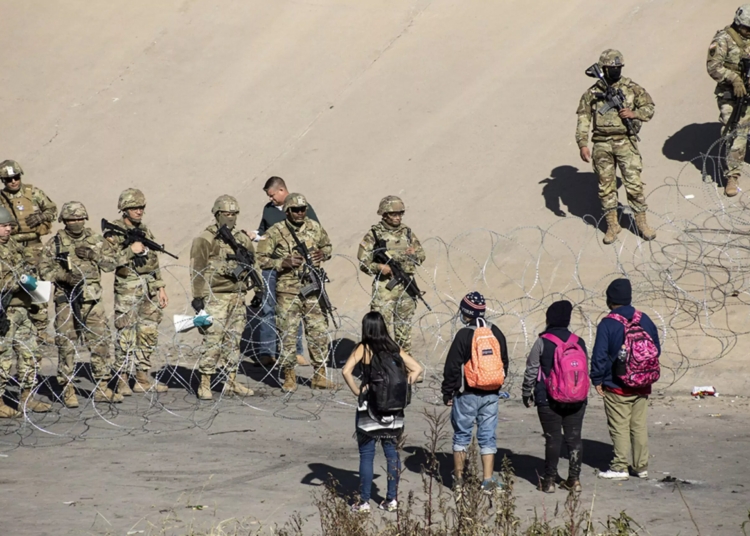The National Guard is a crucial component of the U.S. military, serving as a vital part of the nation’s defense system. With a long history dating back to colonial America, the National Guard has played a significant role in protecting the homeland, responding to emergencies, and supporting overseas missions. They serve as both a state militia and a reserve component of the U.S. Army and Air Force, allowing them to fulfill various responsibilities. These include defending the nation against threats, assisting in natural disasters, and supporting communities in times of need. The National Guard undergoes regular training and remains ready to be called upon whenever required. Their contributions make them an indispensable asset to the security of the United States.
The National Guard: A Crucial Component of the U.S. Military
Introduction
The National Guard plays a vital role in the United States military, serving as a crucial component of the nation’s defense system. Established in 1636, the National Guard has a long and storied history of protecting the homeland, responding to domestic emergencies, and assisting with overseas missions.
History and Background
The National Guard traces its roots back to colonial America when militias were formed to protect the newly formed colonies against Native American raids and eventual British invasion. These militias, consisting of citizen soldiers, proved instrumental during the American Revolution, where they fought alongside regular Continental Army troops. After the war, the militias continued to exist in various forms at the state level.
The modern-day National Guard as we know it was officially established on December 13, 1636, when the Massachusetts Bay Colony formed the first militia regiment known as the “North, South, and East Regiments of Militia.” Over time, other states began to organize their own militias, which eventually became collectively known as the National Guard.
Roles and Responsibilities
The National Guard serves a dual role, both as a state militia and as a reserve component of the U.S. Army and Air Force. This unique arrangement allows the National Guard to fulfill a wide range of responsibilities:
1. Homeland Defense
The National Guard plays a vital role in protecting the United States from threats both foreign and domestic. They assist in maintaining law and order during times of civil unrest, respond to natural disasters, and work alongside federal law enforcement agencies in combating terrorism.
2. Overseas Missions
Since the early 20th century, the National Guard has been called upon to serve overseas during times of war or peacekeeping operations. National Guard units have fought in both World Wars, the Korean War, Vietnam War, Iraq War, and Afghanistan War, among others.
3. Support to Communities
The National Guard is often the first military force to respond during natural disasters, such as hurricanes, floods, and wildfires. Their unique ability to quickly deploy and provide assistance to affected areas has proven invaluable in saving lives and mitigating further damage.
Training and Readiness
Being a member of the National Guard requires individuals to balance their civilian lives with their military obligations. National Guard soldiers and airmen undergo basic training and then participate in regular drills, typically one weekend per month, to maintain readiness. In addition to this mandatory training, they are subject to call-ups whenever the need arises.
Members of the National Guard are also eligible for further specialized military training, allowing them to acquire additional skills in fields such as engineering, logistics, medical support, and more. This versatility ensures that the National Guard can effectively respond to a wide range of missions and tasks.
Conclusion
The National Guard stands as a vital component of the U.S. military, providing a flexible and responsive force that is readily available to assist both domestically and internationally. Their unique role as a state militia and reserve component of the Army and Air Force allows them to serve as a reliable force multiplier, bolstering the nation’s defense capabilities. Without a doubt, the National Guard’s contributions to the security and well-being of the United States make it an indispensable asset.













